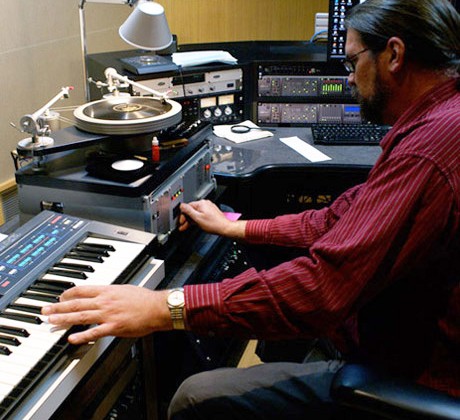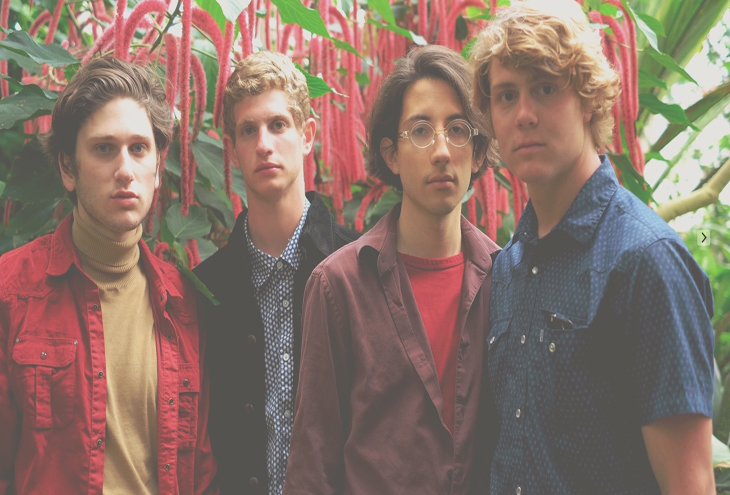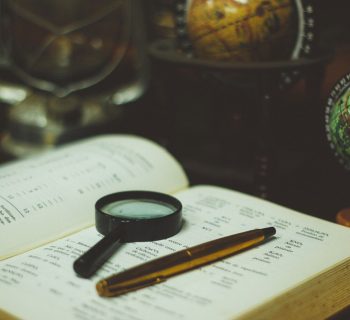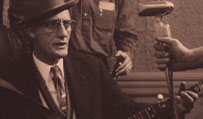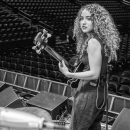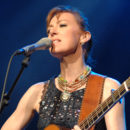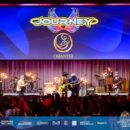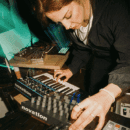Berea College Special Collections & Archives, University of Kentucky Libraries Special Collections Research Center, the American Folklife Center of the Library of Congress and the Association for Cultural Equity have announced the launch of The Lomax Kentucky Recordings, an online exhibition of over 70 hours of Eastern Kentucky folk music and lore, collected under the auspices of the Library of Congress between 1933 and 1942.
Four years in the making, this collaborative presentation makes available for the first time the extensive collections compiled by folklorists John A. Lomax, his son Alan Lomax and Alan's wife Elizabeth Lyttleton Harold, as well as those of Columbia University's Mary Elizabeth Barnicle.
Featuring full, free streaming audio of every performance, interview and narrative segment-some 1300 discrete pieces-along with searchable recording details (performer name, location, date, instrument, etc.), The Lomax Kentucky Recordings presents a diverse spectrum of Appalachian traditional culture and a point of entry into the lives of the farmers, laborers, coal miners, preachers, housewives, public officials, soldiers, children, grandparents and itinerant musicians who nurtured and were nurtured by it. You'll hear ballads and lyric songs, play-party ditties and comic pieces, topical and protest material, fiddle and banjo tunes, hymns and sacred songs, children's games and lullabies and a variety of spoken lore-religious testimonies, occupational reminiscences, tall tales, jokes and personal narratives. You'll hear the first version of "The House of the Rising Sun" recorded "in the field," sung by 16-year-old Georgia Turner of Noetown, KY. You'll hear W.H. Stepp's sublime rendition of "Bonaparte's Retreat," adapted by Aaron Copland for his ballet Rodeo and later reconfigured and broadcast to the nation in the "Beef, It's What's For Dinner" ad campaign, featuring the voice of Robert Mitchum. There are ballads of ancient derivation and more recent ones concerning local disasters. There are bawdy songs with lyrics deserving of "Parental Advisory" warnings. High-school girls sing of the murder of "Pretty Polly" in eight-part harmony. There's a 10-part story of a drunken moonshine spree and the sounds of a hog-calling competition.
Alan Lomax felt that a chief result of his and his father's efforts for the Library of Congress was that "for the first time America could hear itself." Thus their intentions were not merely archival. Alan in fact cautioned against the strictly preservation impulse, remarking, "folksongs should not be buried in libraries as they are in Washington and in universities over the country." This online effort launched in 2015—the centennial of Alan's birth—seeks to realize his vision by providing free and complete access to these historic collections.
The Association for Cultural Equity (ACE) and its Alan Lomax Archive have announced that 2015 marks the Alan Lomax Centennial. Born in Austin, TX, in 1915, Lomax became the foremost folklorist of the 20th century, documenting, preserving and promoting traditional music around the world over the course of seven decades.
A series of publications, events and initiatives are planned throughout the year with ACE, the American Folklife Center at the Library of Congress, SXSW and local partners in the communities that Lomax documented, to mark the centennial.
Image from lomaxky.omeka.net
To view the exhibition, visit lomaxky.omeka.net/
For more information, visit loc.gov/folklife/lomax/lomaxcentennial.html and/or culturalequity.org/centennial/index.php.

